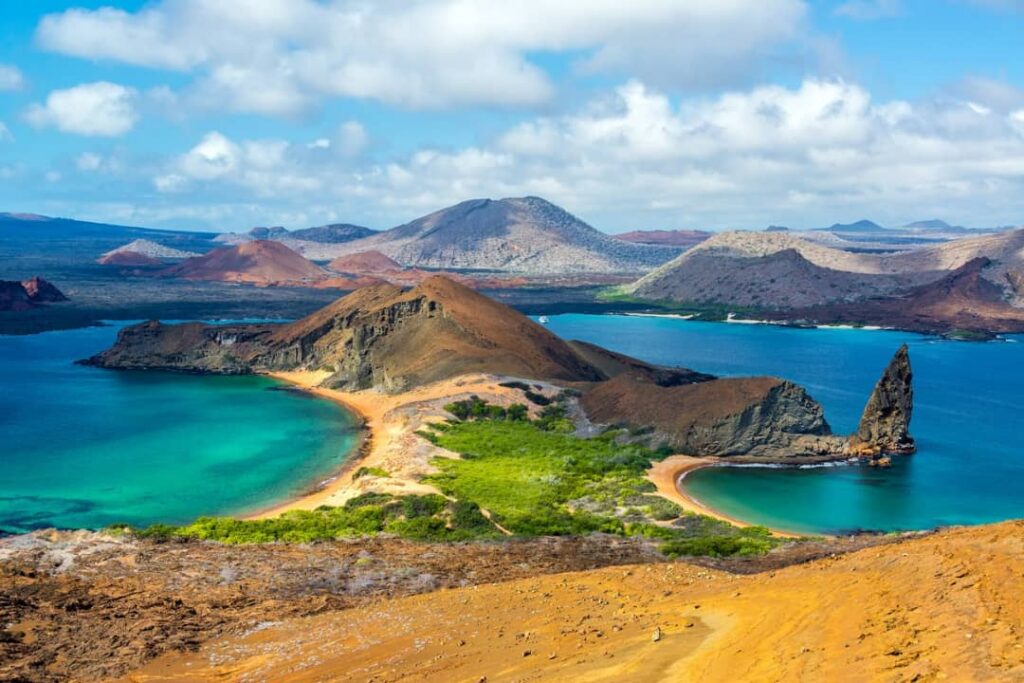Galapagos revives a coral thought to be extinct.

A scientific expedition has rediscovered more than two hundred living colonies of a coral that was thought to have been extinct for over four decades.

The discovery took place in a remote area of the Galápagos archipelago and has been confirmed by specialists from the National Institute of Marine Biodiversity. The species, whose name is still under taxonomic review, exhibits characteristics of adaptation to extreme salinity and the temperature has sparked the interest of marine biologists from several countries.
According to Dr. Ana María Torres, leader of the research team, the coral shows signs of natural regeneration without human intervention, which could open new lines of study on ecological resilience.
This discovery reaffirms the importance of the Galápagos Islands as one of the planet’s leading natural laboratories. Their unique biodiversity, geographic isolation, and the presence of fragile ecosystems make the archipelago a key location for scientific research and environmental conservation.
Local authorities have announced that protection measures will be strengthened in the area of the discovery while the potential impact of this coral on the marine balance is assessed. International organizations have congratulated the Ecuadorian team for their contribution to global science.
From the Galápagos, life continues to surprise us. And it does so silently, underwater, where secrets still remain to be uncovered.
Written by Yannier Delgado.




